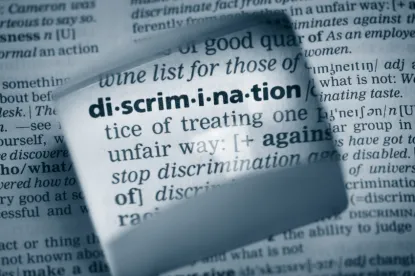Massachusetts Governor Charlie Baker has signed the Creating a Respectful and Open World for Natural Hair Act (CROWN Act) into law, making Massachusetts the 18th state to enact such a law. The CROWN Act expands the definition of discrimination based on race to prohibit discrimination based on natural and protective hair, including hair texture, hair type, hair length, and protective hairstyles. Signed on July 26, 2022, the CROWN Act went into effect immediately.
Employers should review their policies, handbooks, and training materials to ensure compliance with the new law.
History
After a Malden school barred twins Deanna and Mya Cook from participating or attending any school-sponsored events while wearing braids, Massachusetts in July 2019 enacted a law providing protection against the denial of educational opportunities to individuals with natural hair styles. The CROWN Act expands this protection to prohibit discrimination against natural hairstyles in employment.
The U.S. House of Representatives passed a similar federal version of the statute in March 2022, and it is awaiting a vote in the Senate.
Statutory Effect
The CROWN Act adds the term “natural or protective hairstyle” to the definition of race in various laws, including the Massachusetts Fair Employment Practices Act (G.L. c. 151B), to include “hair texture, hair type and hairstyles, which shall include, but not limited to, natural and protective hairstyles such as braids, locks, twists, Bantu knots, hair coverings, and other formations.” The term is broadly defined and intended to protect a variety of hairstyles.
The law prohibits denial of employment and educational opportunities in places of work, schools, and school-related organizations on the basis of one’s “natural or protective hairstyle.” The law aims to eliminate discrimination against individuals from underrepresented groups based on stereotypes regarding natural hairstyles that are not related to the necessary qualifications for a position.
With the passing of the CROWN Act, it is unlawful for a Massachusetts employer to take an adverse employment action against an employee or applicant based on their natural hairstyle.
Similarly, employers that provide services in a place of public accommodation, as defined by state law, cannot refuse admission or service to an individual due to their natural or protective hairstyle.
Violations of the CROWN Act may expose employers to charges of discrimination or subsequent civil suits.
Next Steps
Employers should review existing dress codes, grooming policies, handbooks, and training materials that require employees to wear their hair in a particular manner. Employers also should consider incorporating training for employees and managers to help ensure compliance.
Jackson Lewis attorneys will continue to monitor future CROWN Act developments, including any rules or regulations promulgated by the Massachusetts Commission Against Discrimination.
Summer Associate Deanna Petion contributed to this article.






 />i
/>i

